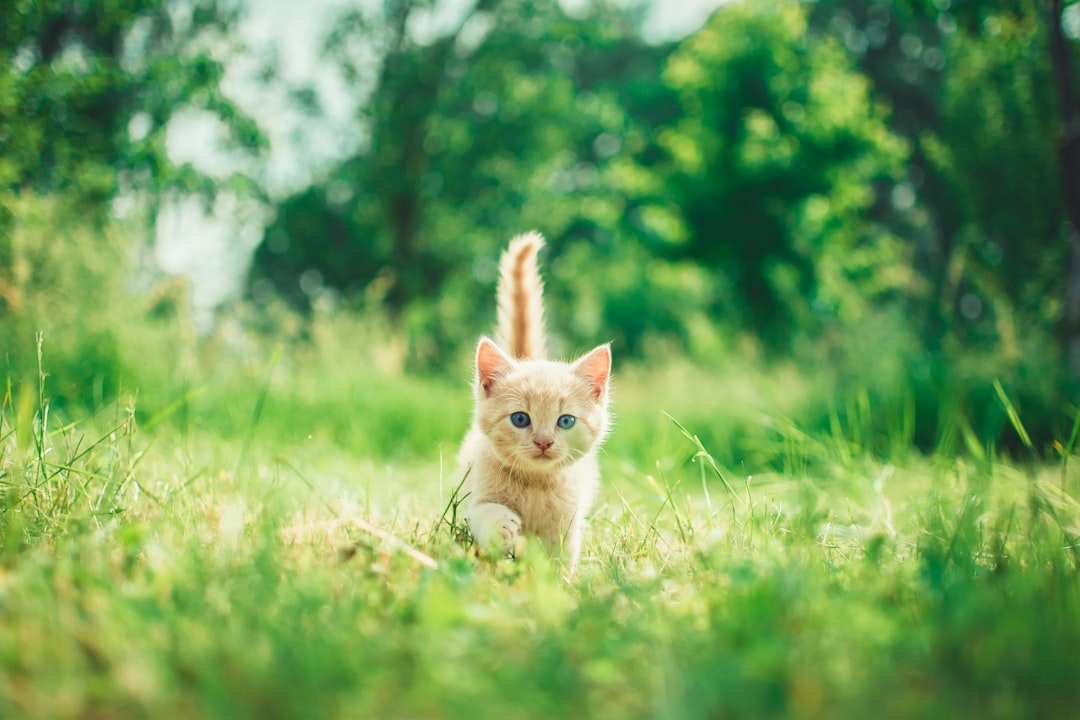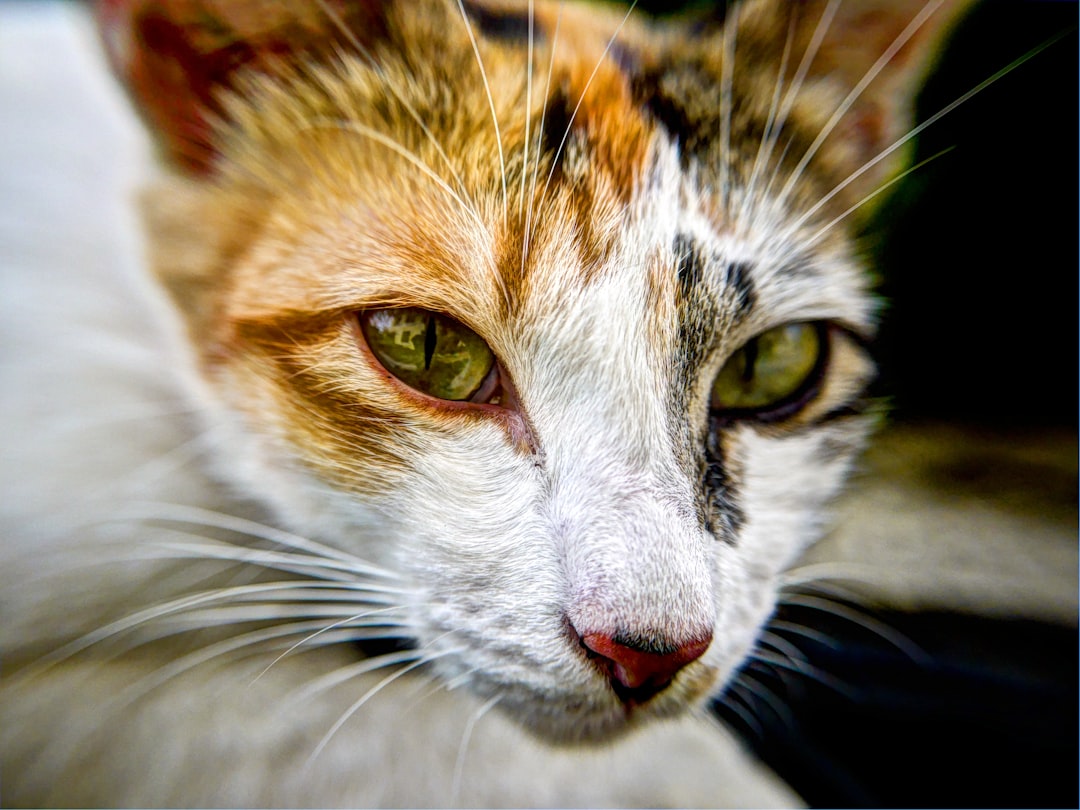Imagine your feline friend giving you those irresistible “feed me” eyes while you munch on a juicy mango. But wait—can cats eat mango? This tropical delight might tempt their taste buds, but before you toss them a slice, let’s peel back the layers on this fruity conundrum. From nutritional benefits to potential risks, we’ll explore everything you need to know about incorporating this sunny fruit into your cat’s diet. So, grab a mango and let’s dive into the juicy details!
Nutritional Benefits of Mango for Cats
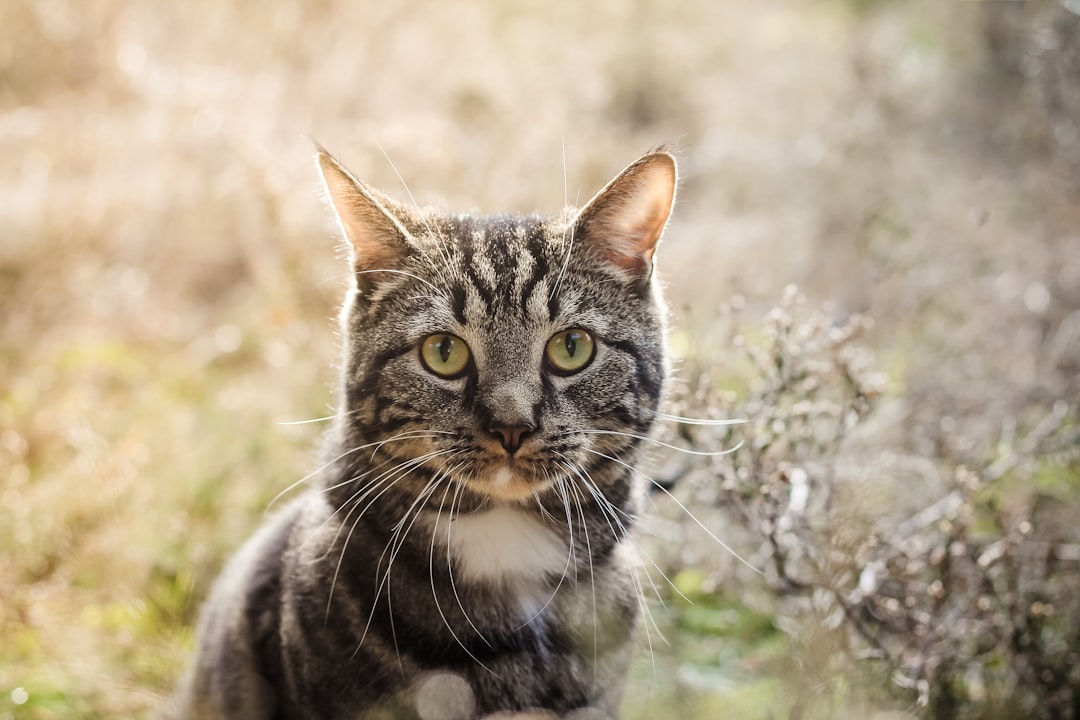
You may be wondering, can cats eat mango? The answer is a cautious yes! While felines aren’t known for munching on fruits like they might a piece of tuna, mango offers a delightful array of nutritional benefits:
- Vitamins Galore: Mangoes are packed with Vitamin A, which helps your kitty maintain healthy vision. Plus, they contain Vitamin C for that extra immune boost!
- Fiber Fun: A very small amount of mango can contribute some fiber to your cat’s diet, promoting healthy digestion.
- Antioxidants: Mangoes are rich in antioxidants, which may help keep those free radicals at bay. Pawsome!
- Hydration: Fruits like mango have a high water content, assisting your feline in staying hydrated, especially during warmer days.
Remember, moderation is key! A tiny morsel of mango, rather than a tropical feast, is the way to satisfy your curious kitty. So, the next time you slice into a juicy mango, you may just wonder, can cats eat mango? Yes, but keep it light and fun!
Risks of Feeding Mango to Cats
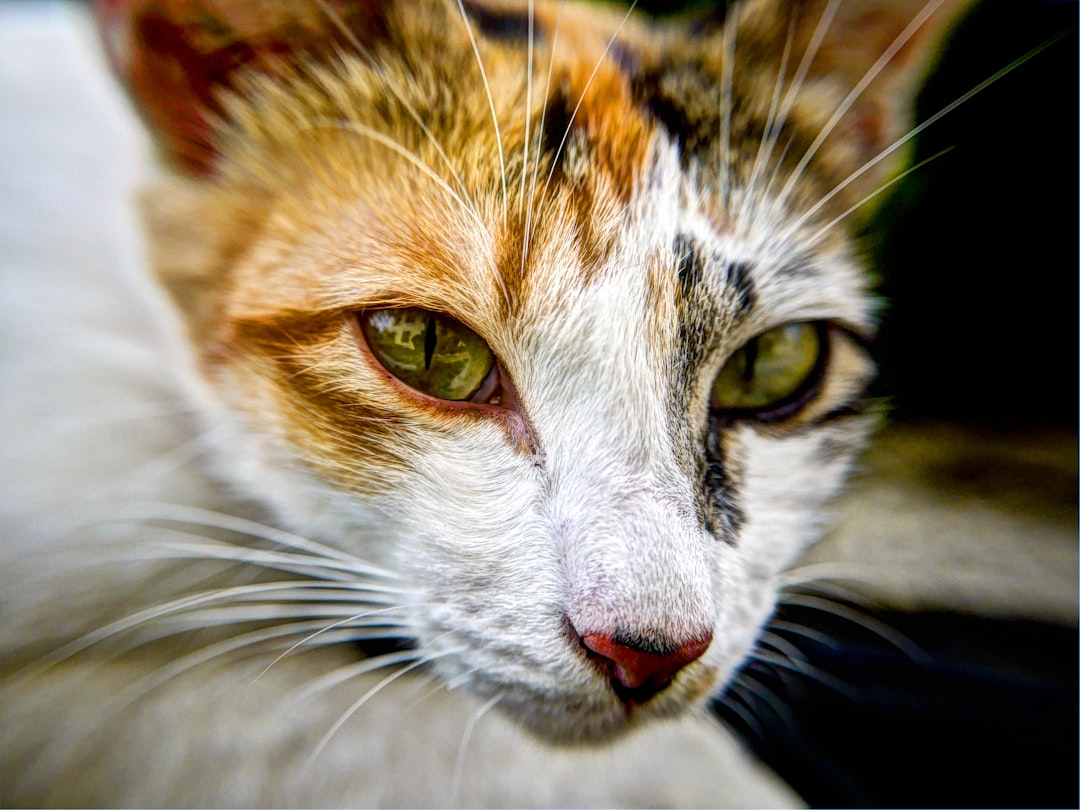
While it may be tempting to share your delicious mango slices with your feline friend, proceed with caution! You might wonder, can cats eat mango unscathed? Here’s what you need to consider:
- Digestive Upset: Cats are obligate carnivores, which means their systems aren’t designed for fruit. Introducing mango can lead to nausea, vomiting, or even diarrhea. Uh-oh!
- Pit and Skin Hazards: The mango pit poses a choking hazard and may cause intestinal blockages. Plus, the skin can be tough for cats to digest. Always remove them!
- Sugar Content: Mangoes are sweet—like your cat after a playful romp! However, that sweetness means higher sugar levels, which can lead to obesity or diabetes in the long run.
In summary, while you can ask can cats eat mango all day long, the answer is a resounding maybe, but with caution. Always monitor your feline’s reaction and prefer moderation over indulgence!
How to Prepare Mango for Your Cat
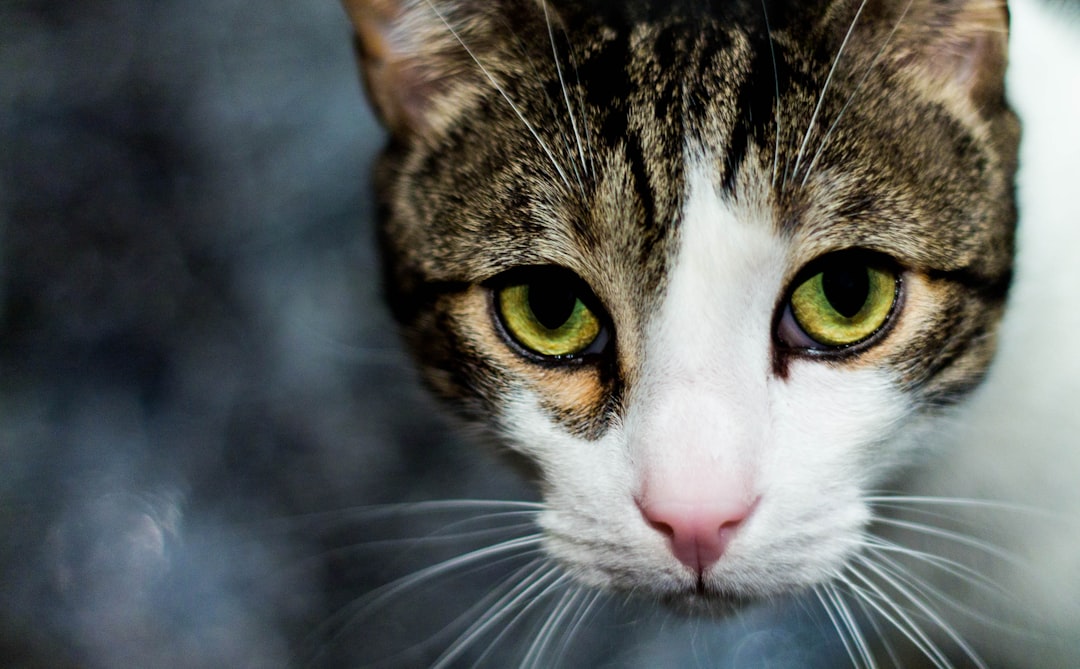
So, you’ve decided to treat your furry friend to some mango! But wait—before you start tossing them pieces of the juicy fruit, let’s get down to the nitty-gritty of preparation. After all, we want to ensure our cats enjoy their snack safely, right? Here’s how to prepare mango for your feline friend:
- Choose Ripe Mangoes: Go for fresh, ripe mangoes that are free from any spots or blemishes. Ripe mangoes are sweeter and more palatable, making your cat’s taste buds sing!
- Wash Thoroughly: Always wash the mango under running water to remove any pesticides or dirt.
- Peel and Slice: Peel the mango and cut it into small, manageable cubes, ensuring no skin or pit remains. Remember, the skin can be hard for them to digest!
- Introduce Slowly: Start with just a tiny piece to see how your kitty reacts. This way, you can answer the burning question: can cats eat mango without any trouble?
- Watch for Reactions: Monitor your cat for any signs of allergies or digestive issues.
Remember, variety is the spice of life! Only feed mango as an occasional treat. Happy snacking!
Signs of Allergic Reactions in Cats
As much as you might be tempted to share a juicy slice of mango, you should always be vigilant about how your feline friend reacts. After all, the question “can cats eat mango?” comes with a caveat! Here are some signs that your kitty might not be a fan of this tropical treat:
- Itching or scratching: If your cat starts behaving like a catnip-crazed acrobat, it could be a sign of allergies.
- Swelling: Look out for any unusual puffiness around the face, lips, or ears.
- Vomiting or diarrhea: While these can occur for various reasons, a sudden change after trying mango might not be a coincidence!
- Lethargy: If your usually spry kitty suddenly turns into a couch potato, it’s time to take note.
Should you notice any of these symptoms after feeding mango, it’s best to skip the fruit in the future. Remember, while it’s fun to experiment with treats, safety should always come first when asking, “can cats eat mango?” Happy munching (for the humans)!
Alternatives to Mango for Cat Treats
While mango might tickle your fancy for a tasty feline treat, it’s not the only fruit on the menu! If you’re pondering, “can cats eat mango?” and want to explore other options, here’s a delightful list of alternatives that can also bring joy to your kitty’s taste buds:
- Watermelon: Cats love the juicy texture. Just ensure the seeds and rind are removed!
- Blueberries: These tiny bursts of flavor are packed with antioxidants. Plus, they’re a fan favorite among many felines.
- Pumpkin: Not only tasty but also great for digestion. A little pureed pumpkin can go a long way in keeping your cat happy.
- Banana: Slice it up for a treat that’s soft and easy to chew (but remember, moderation is key!).
Always test each new food with small amounts to see how your furry friend reacts. After all, while the question “can cats eat mango?” can be answered with a cautious yes, exploring varied fruits can lead to even more fun (and safe!) taste adventures for your cat!
Understanding Your Cat’s Digestive System
Ah, the feline digestive system – a marvel of nature! When pondering the question, can cats eat mango, it’s crucial to first understand how their digestive machinery works. Cats are obligate carnivores, meaning their diet primarily consists of meat, but they can occasionally dabble in plant-based treats.
Here’s how their tummy operates:
- Short Digestive Tract: Cats typically have a shorter digestive tract than humans, making it tougher for them to process fibrous fruits.
- Low Fiber Needs: They don’t require fiber as humans do, which means if you’re thinking about introducing mango, moderation is key.
- Digestive Enzymes: Cats lack certain enzymes that help break down complex carbs, making fruits a rare fruity vacation rather than a regular pit stop.
Key Takeaways
- Cats can have small amounts of mango, but it’s not a dietary necessity.
- Monitoring your cat’s response to mango is essential since their digestive system isn’t designed for regular fruit consumption.
So, while the question “can cats eat mango” resolves in a cautious “yes,” it’s best enjoyed occasionally and in small, manageable bits!
Incorporating Fruits into Your Cat’s Diet
Wondering if can cats eat mango? Before you toss that juicy slice to your feline friend, it’s vital to understand how to incorporate fruits into their diet. Cats are obligate carnivores, meaning their main diet consists of meat. However, small amounts of fruits can offer some benefits if done right.
Here’s how to safely add fruit, including mango, to your cat’s diet:
- Moderation is Key: Treat fruits as an occasional indulgence. A tiny bite is enough—think of it as a special dessert!
- Choose Wisely: Not all fruits are cat-friendly. Alongside mango, consider:
- Blueberries (antioxidants galore)
- Melon (hydrating and sweet)
- Pumpkin (great for digestion)
- Preparation Matters: Always peel and seed fruits. For mango, remove the skin and pit to prevent choking hazards.
In summary, while the question of can cats eat mango has a green light, it’s essential to prioritize safety and moderation. Remember to monitor your cat’s reaction and adjust accordingly. Happy treating!
Incorporating Fruits into Your Cat’s Diet
So, can cats eat mango? While mangoes can add a tropical twist to your feline friend’s meals, it’s essential to understand how to incorporate fruits wisely into their diet. Here’s a quick guide to fruit integration for your kitty:
- Moderation is Key: Only serve small portions of mango, as fruit should be an occasional treat, not a meal replacement.
- Balance with Protein: Cats are obligate carnivores. Pair mango with protein-rich treats to maintain a balanced diet. Think chicken bites or fish flakes alongside a tiny piece of mango.
- Observe Reactions: When introducing mango or any fruit, watch for any unusual behavior. If you notice your cat sniffing and then swiftly abandoning the fruit, it’s a sign to reconsider.
Quick Comparison of Fruity Options for Cats
| Fruit | Can Cats Eat It? | Benefits |
|---|---|---|
| Mango | Yes | Vitamins A and C boost |
| Blueberries | Yes | High in antioxidants |
| Bananas | Yes | Potassium for energy |
| Grapes | No | Toxic to cats |
To wrap it up, while can cats eat mango? Yes, but in moderation. Keep their diet balanced, and don’t forget; a vet’s advice always comes in handy when making dietary changes!
Frequently Asked Questions
Can my cat eat mango safely?
Ah, the age-old question arises from the depths of a feline’s fascination with human snacks! Yes, cats can nibble on mangoes in moderation. These tropical wonders are non-toxic to our furry companions. However, before you toss that juicy piece to your kitty, remember to remove the skin and pit. Those could pose choking hazards or digestive dilemmas. A small, bite-sized piece is just enough to satisfy their fruity curiosity without overloading their little tummies!
What are the health benefits of mango for cats?
Mango, often dubbed the “king of fruits,” has a royal lineup of benefits—even for our furry monarchs! Rich in vitamins A, B6, and C, each bite could bolster their immune system and promote good vision. But don’t let your cat think it’s a new staple! This fruit is mostly sugar, so think of it as a rare treat rather than a daily snack. A touch of mango might just elevate their snack game while providing a bit of hydration, too!
Are there any risks associated with feeding mangoes to my cat?
While our feline friends might enjoy the occasional mango treat, there’s a caveat to this fruity affair. Too much mango can lead to digestive issues—think upset tummies and, well, unsightly messes! Plus, some kitties might be allergic or just not into the whole fruit fiasco. Always introduce any new food gradually and watch for any signs of discomfort or allergies. If they turn their nose up, heed their wise judgment and stick to their usual cuisine!
What other fruits can cats enjoy aside from mango?
If your cat has developed a penchant for fruity delights, mango is just the tip of the iceberg! Consider offering them slices of bananas, blueberries, or even a sprinkle of melon. Remember, the key is moderation and making sure the fruits are cut into small, manageable pieces. There are many tasty treats out there, but always avoid anything that could be harmful like grapes or citrus—your kitty appreciates the sweet life, not the sour side!


